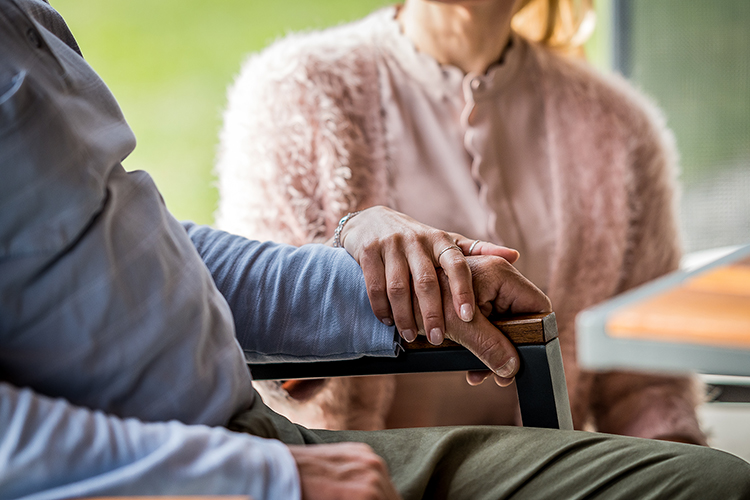
By: Kari Ann Rennekamp, Social Worker
Caring for a loved one is a true blessing and honor, however it’s important to care for yourself, too. Caregiving can lead to burnout if you don’t keep a healthy balance between meeting your loved one’s needs and your own. Caregiver burnout is a term used to describe being emotionally and physically depleted of energy while caring for a loved one. To find the right balance, you must first identify how you feel.
Signs of Burnout
- Physical issues – Headaches, body aches, fatigue, generally not feeling well
- Gaining or losing weight
- Disrupted sleep pattern
- Anxiety – Feeling overwhelmed and worried much of the time
- Being easily aggravated and irritable
- Loss of joy in your day
- Abusing alcohol or drugs
It’s important to remember you can’t pour from an empty cup. Taking time for self-care is vital. Here are a few tips to help make caregiving more manageable.
- Set boundaries. It is critical to do so and important to prevent burnout.
- Prioritize needs. As you set your boundaries, prioritize the needs of your loved one and delegate some of the responsibility on to others who can help.
- Take breaks to feed your body, mind and spirit. Go to lunch with a friend, watch your favorite movie or enjoy an old hobby.
- Enlist the help of others. You are just one person. Let friends and loved ones help you. Often many are wanting to help, but just don’t know where to start.
- Engage in physical movement – Walk, run or try yoga.
- Support your emotional health – Meditate, talk with a counselor or a friend.
- Be realistic about what you are able to do.
Do a burnout assessment often and revisit what your self-care needs are. Be mindful. This is a fluid process. You may experience different types of burnouts and need different types of self-care. That is normal and okay.
If you continue to feel overwhelmed, reach out for professional help. It may be time to seek out a service like Home Care or Hospice. Also, be sure to talk to your primary care provider about your own needs.
Be proud of your efforts. You are a blessing to your loved one.